Intro
Discover what is a POS, Point of Sale, and its role in retail management, inventory control, and payment processing, with features like transaction tracking and customer management.
The point of sale (POS) is a crucial aspect of any retail business, serving as the primary interface between customers and the company. It is the moment when a customer makes a purchase, and it is essential for businesses to optimize this process to ensure a seamless and efficient transaction. In this article, we will delve into the world of POS, exploring its importance, benefits, and the various systems available.
The POS is not just a physical location; it is also a virtual platform where customers can make purchases online or through mobile devices. With the rise of e-commerce and digital payments, the POS has evolved to accommodate various payment methods, including contactless payments, mobile wallets, and online transactions. As a result, businesses must adapt to these changes to remain competitive and provide a convenient shopping experience for their customers.
In recent years, the POS has become more sophisticated, with the integration of technology and data analytics. Modern POS systems can track sales, manage inventory, and provide valuable insights into customer behavior. This information enables businesses to make informed decisions, optimize their operations, and improve customer satisfaction. Moreover, POS systems can also help businesses to manage their staff, track employee performance, and provide training to improve customer service.
Introduction to Point of Sale Systems
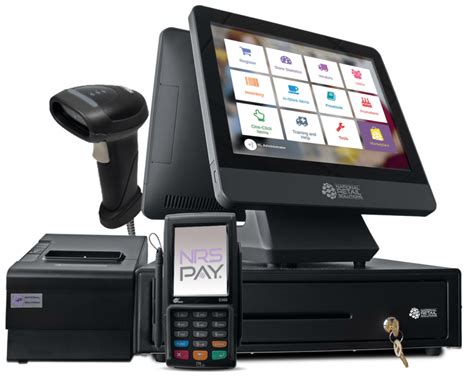
A point of sale (POS) system is a combination of hardware and software that enables businesses to process transactions, manage sales, and track inventory. The system typically consists of a terminal, printer, scanner, and cash drawer. The terminal is the central component, where the sales associate enters the transaction details, and the printer produces receipts for the customer. The scanner is used to read barcodes, and the cash drawer stores cash and other payment methods.
POS systems can be categorized into different types, including traditional, cloud-based, and mobile POS. Traditional POS systems are installed on-premise and require a significant upfront investment. Cloud-based POS systems are hosted online and offer greater flexibility, scalability, and affordability. Mobile POS systems are designed for small businesses and enable sales associates to process transactions using mobile devices.
Benefits of Point of Sale Systems
The benefits of POS systems are numerous, and they can have a significant impact on a business's bottom line. Some of the advantages of POS systems include: * Improved efficiency: POS systems automate many tasks, such as calculating change, processing transactions, and tracking inventory. * Enhanced customer experience: POS systems enable businesses to provide a faster and more convenient shopping experience, which can lead to increased customer satisfaction and loyalty. * Increased accuracy: POS systems reduce the risk of human error, ensuring that transactions are accurate and reliable. * Better inventory management: POS systems enable businesses to track inventory levels, monitor stock movement, and optimize inventory management. * Valuable insights: POS systems provide businesses with valuable data and insights, enabling them to make informed decisions and optimize their operations.How Point of Sale Systems Work
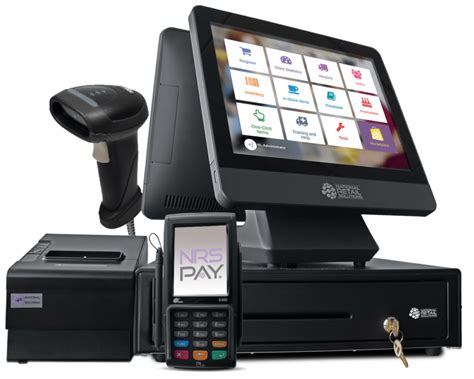
POS systems work by integrating various components, including hardware, software, and payment processing. The process typically begins when a customer selects a product and proceeds to the checkout. The sales associate scans the product's barcode, and the POS system retrieves the product information, including the price and description.
The POS system then calculates the total cost, including taxes and discounts, and displays the information on the terminal. The customer can then select their preferred payment method, such as cash, credit card, or mobile payment. The POS system processes the transaction, updates the inventory levels, and prints a receipt for the customer.
Types of Point of Sale Systems
There are several types of POS systems available, each with its own unique features and benefits. Some of the most common types of POS systems include: * Traditional POS systems: These systems are installed on-premise and require a significant upfront investment. * Cloud-based POS systems: These systems are hosted online and offer greater flexibility, scalability, and affordability. * Mobile POS systems: These systems are designed for small businesses and enable sales associates to process transactions using mobile devices. * Tablet POS systems: These systems use tablets as the primary interface and offer a sleek and modern design. * Self-service POS systems: These systems enable customers to process transactions themselves, using kiosks or mobile devices.Features of Point of Sale Systems
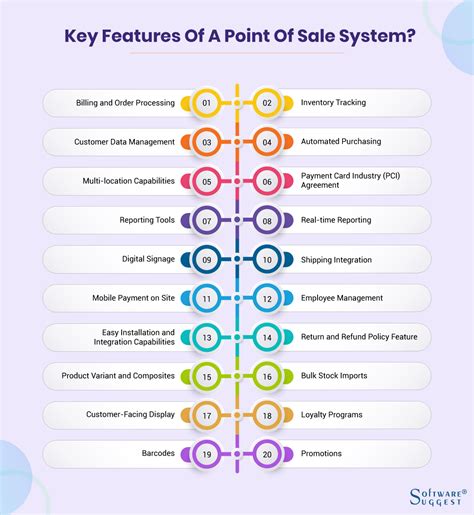
POS systems offer a wide range of features, including:
- Inventory management: POS systems enable businesses to track inventory levels, monitor stock movement, and optimize inventory management.
- Sales reporting: POS systems provide businesses with valuable data and insights, enabling them to make informed decisions and optimize their operations.
- Customer management: POS systems enable businesses to track customer purchases, preferences, and loyalty programs.
- Employee management: POS systems enable businesses to track employee performance, manage staff schedules, and provide training.
- Payment processing: POS systems enable businesses to process various payment methods, including credit cards, mobile payments, and contactless payments.
Benefits of Cloud-Based Point of Sale Systems
Cloud-based POS systems offer several benefits, including: * Scalability: Cloud-based POS systems can be easily scaled up or down to meet the needs of growing businesses. * Flexibility: Cloud-based POS systems can be accessed from anywhere, using any device with an internet connection. * Affordability: Cloud-based POS systems offer a lower upfront investment and predictable monthly fees. * Automatic updates: Cloud-based POS systems receive automatic updates, ensuring that businesses have access to the latest features and security patches. * Enhanced security: Cloud-based POS systems offer enhanced security features, including data encryption and secure payment processing.Point of Sale System Security

POS system security is a critical aspect of any retail business. POS systems handle sensitive customer data, including credit card information and personal details. Businesses must ensure that their POS systems are secure, using features such as:
- Data encryption: POS systems should encrypt customer data, both in transit and at rest.
- Secure payment processing: POS systems should use secure payment processing protocols, such as tokenization and point-to-point encryption.
- Access controls: POS systems should have access controls, including passwords, biometric authentication, and role-based access.
- Regular updates: POS systems should receive regular updates, ensuring that businesses have access to the latest security patches and features.
Best Practices for Point of Sale System Implementation
Implementing a POS system requires careful planning and execution. Some best practices for POS system implementation include: * Define business requirements: Businesses should define their requirements, including the features and functionality needed. * Choose the right vendor: Businesses should choose a reputable vendor, with experience in the industry and a proven track record. * Train staff: Businesses should train their staff on the new POS system, ensuring that they are comfortable and confident using the system. * Test the system: Businesses should test the POS system, ensuring that it is functioning correctly and meeting their requirements. * Provide ongoing support: Businesses should provide ongoing support, including training, maintenance, and technical support.Future of Point of Sale Systems
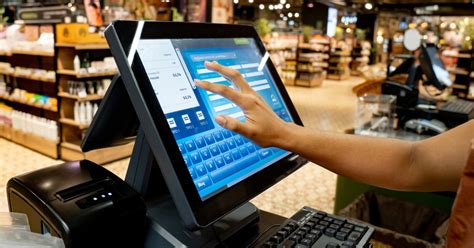
The future of POS systems is exciting, with emerging trends and technologies set to transform the retail landscape. Some of the trends and technologies that will shape the future of POS systems include:
- Artificial intelligence: AI will play a significant role in POS systems, enabling businesses to personalize the customer experience and optimize their operations.
- Internet of Things (IoT): IoT will enable businesses to connect their POS systems to other devices and systems, creating a seamless and integrated shopping experience.
- Mobile payments: Mobile payments will continue to grow in popularity, enabling customers to make payments using their mobile devices.
- Contactless payments: Contactless payments will become more widespread, enabling customers to make payments without touching a terminal or device.
- Cloud-based POS systems: Cloud-based POS systems will continue to grow in popularity, offering businesses greater flexibility, scalability, and affordability.
Conclusion and Next Steps
In conclusion, POS systems are a critical aspect of any retail business, enabling businesses to process transactions, manage sales, and track inventory. With the rise of e-commerce and digital payments, the POS has evolved to accommodate various payment methods and technologies. Businesses must adapt to these changes to remain competitive and provide a convenient shopping experience for their customers.To get started with a POS system, businesses should define their requirements, choose the right vendor, train their staff, test the system, and provide ongoing support. By following these best practices, businesses can ensure a successful POS system implementation and improve their overall operations.
Point of Sale Image Gallery
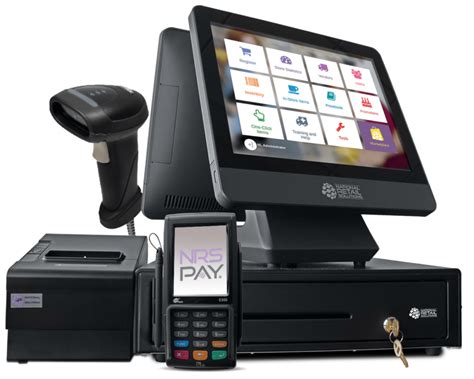
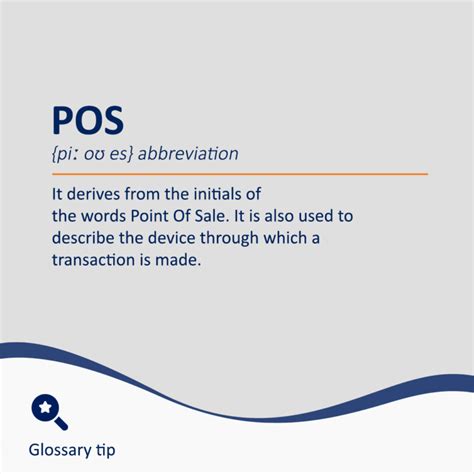
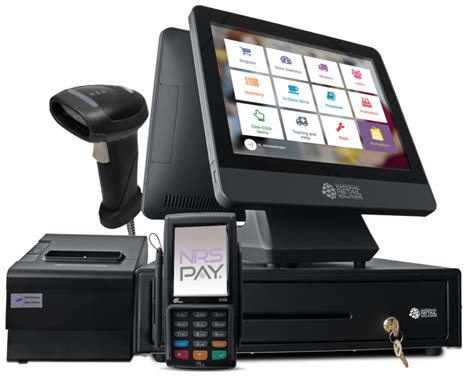
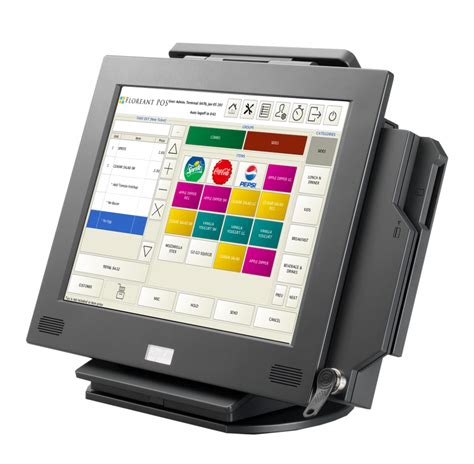
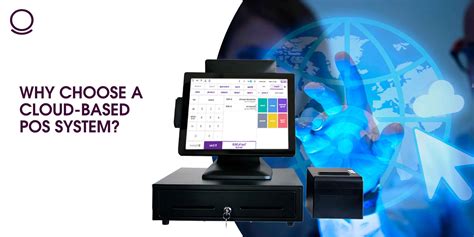
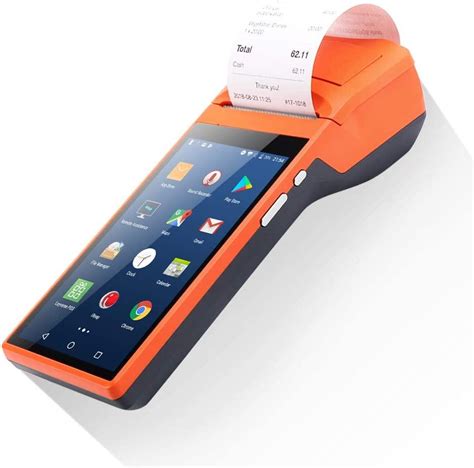
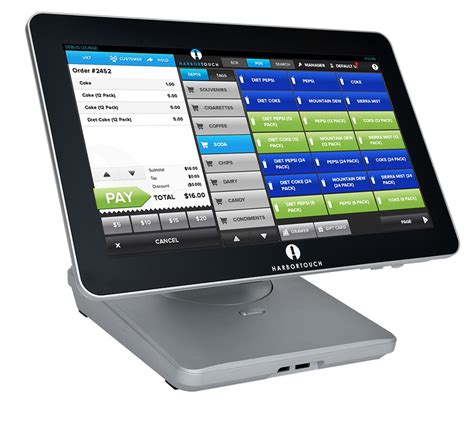
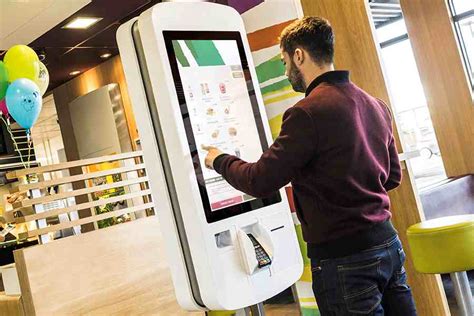
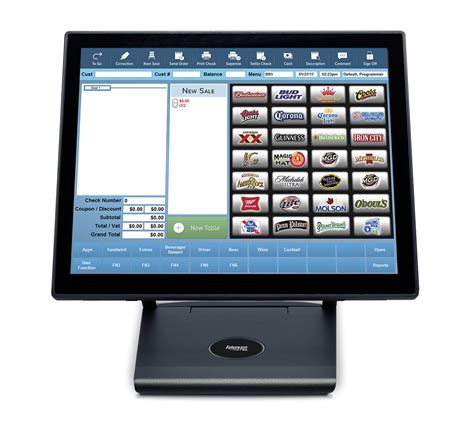

What is a point of sale system?
+A point of sale system is a combination of hardware and software that enables businesses to process transactions, manage sales, and track inventory.
What are the benefits of a point of sale system?
+The benefits of a point of sale system include improved efficiency, enhanced customer experience, increased accuracy, better inventory management, and valuable insights.
What types of point of sale systems are available?
+There are several types of point of sale systems available, including traditional, cloud-based, mobile, tablet, and self-service POS systems.
How do I choose the right point of sale system for my business?
+To choose the right point of sale system for your business, you should define your requirements, research different vendors, and compare features and pricing.
What is the future of point of sale systems?
+The future of point of sale systems includes emerging trends and technologies, such as artificial intelligence, internet of things, mobile payments, contactless payments, and cloud-based POS systems.
We hope this article has provided you with a comprehensive understanding of point of sale systems and their importance in the retail industry. If you have any further questions or would like to share your experiences with POS systems, please feel free to comment below. Additionally, if you found this article informative, please share it with your friends and colleagues. By working together, we can create a more efficient and effective retail landscape for businesses and customers alike.
